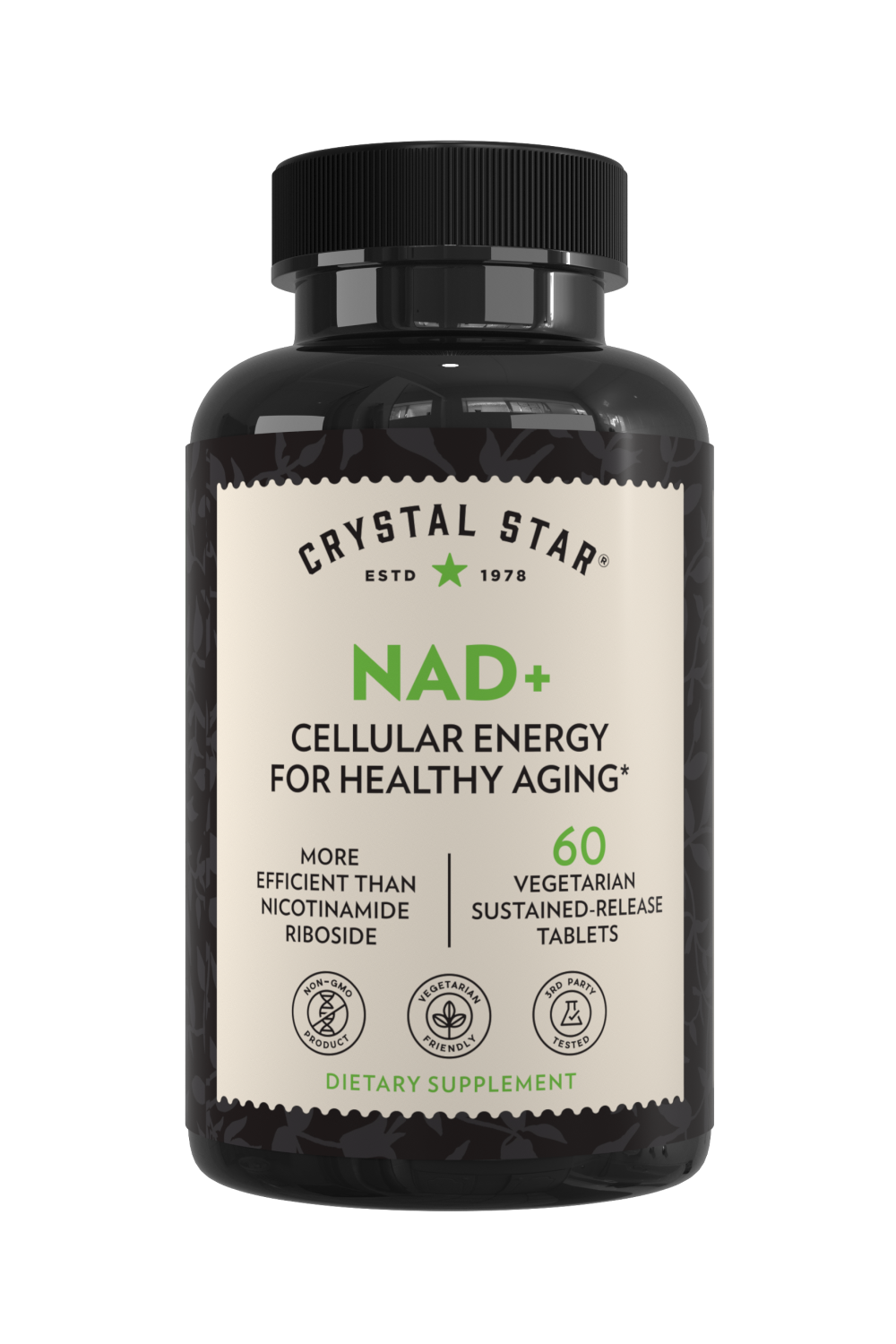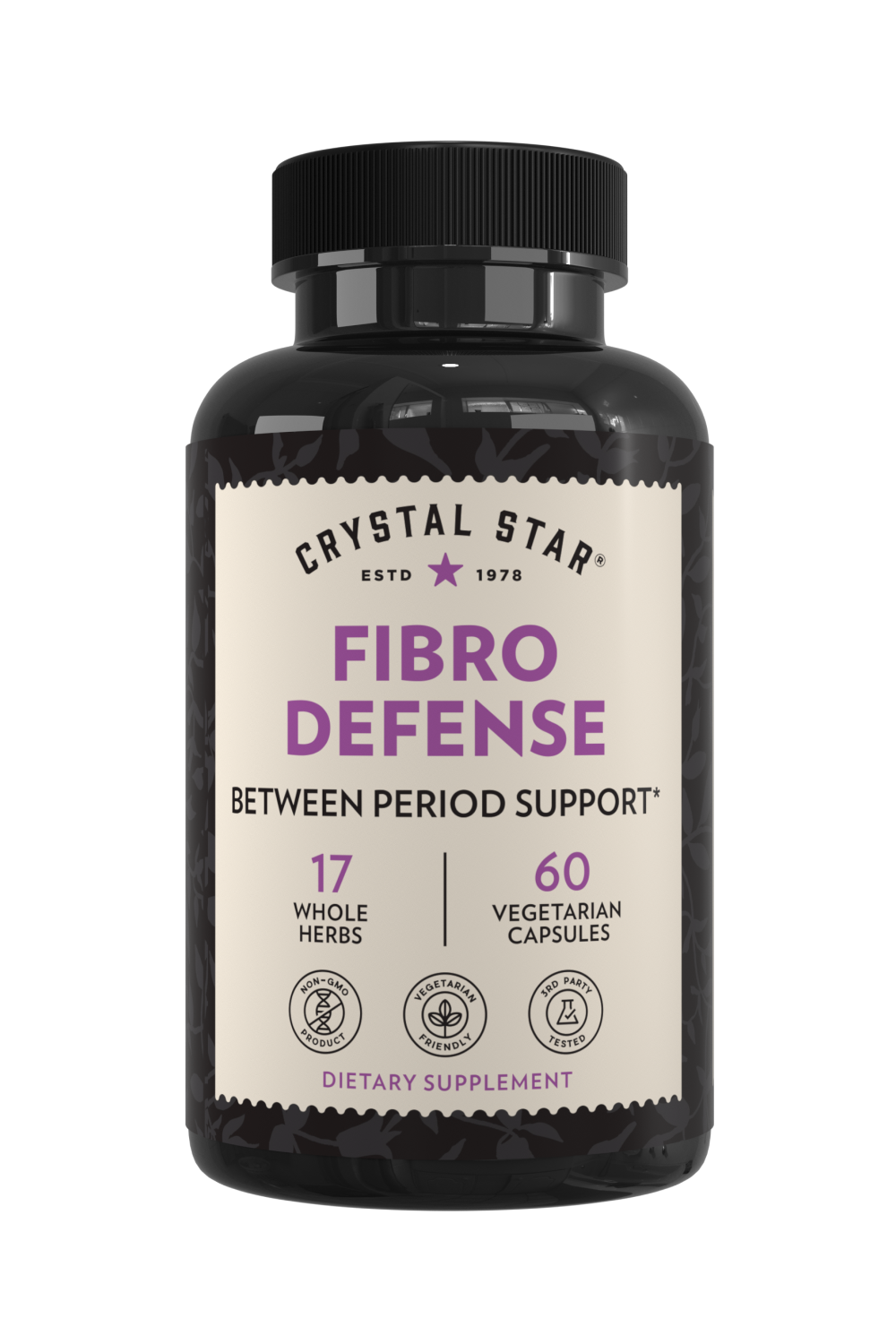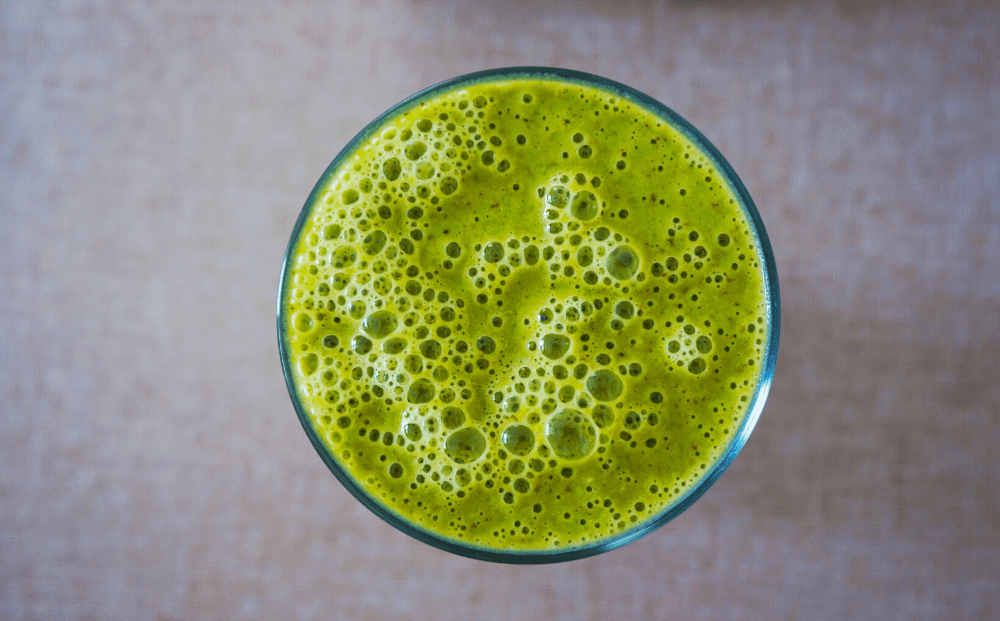
Bioavailability and Supplements: Why Gummy Supplements?
Supplements are becoming super popular as people strive to optimize their health and wellbeing. Folks are starting to realize that we may not be getting every vitamin or nutrient our individual bodies need to function at our best. However, not all supplements are created equal, and one of the most important factors to consider when choosing a supplement is its bioavailability.
Bioavailability refers to the degree to which a substance is absorbed and utilized by the body. When it comes to supplements, bioavailability is particularly important because if a supplement is not absorbed well, it may not be effective or may require larger doses to achieve the desired effect.
Gummy Supplements
One type of supplement that has gained popularity in recent years is gummy supplements. These supplements are often marketed as being more enjoyable to take than traditional pill supplements, but they also have a potential advantage in terms of bioavailability.
Although most people think of gummy vitamins as a way to trick your kids into having what’s good for them —studies have shown that gummy supplements may have higher bioavailability than pill supplements. The primary reason is that gummy supplements are chewed and broken down in the mouth before being swallowed. This activates your saliva and gets your digestive system up and ready. On top of that, the tissues of your mouth are some of the most absorbent cells walls of your body— and the vitamins and minerals can be absorbed right into your bloodstream. Gummy supplements are often formulated with ingredients that enhance bioavailability by using carriers such as of fats or enzymes.
Gummy vs. Pill
One study published in the Journal of the Academy of Nutrition and Dietetics compared the bioavailability of calcium and vitamin D from a gummy supplement to that of a traditional pill supplement. The study found that the gummy supplement resulted in higher blood levels of calcium and vitamin D than the pill supplement, suggesting that the gummy supplement was more bioavailable.
Another study published in the journal Nutrients looked at the bioavailability of curcumin, a compound found in turmeric that has anti-inflammatory properties. The study found that a gummy supplement containing curcumin (and peperine) had higher bioavailability than a traditional pill supplement containing the same amount of curcumin.
While gummy supplements may have advantages in terms of bioavailability, it is important to note that not all gummy supplements are created equal. The bioavailability of a gummy supplement will depend on several factors, including the quality of the ingredients and the formulation.
Additionally, it is important to choose a supplement that is appropriate for your individual needs and to follow the recommended dosage guidelines. Taking more than the recommended dose of a supplement, whether it is a gummy or a pill, can be dangerous and may result in adverse effects.
Conclusion
Bioavailability is an important consideration when choosing a supplement, and gummy supplements may offer advantages in this regard. Scientific studies have shown that gummy supplements may have higher bioavailability than traditional pill supplements, but it is important to choose a high-quality supplement that is appropriate for your individual needs and to follow the recommended dosage guidelines.








